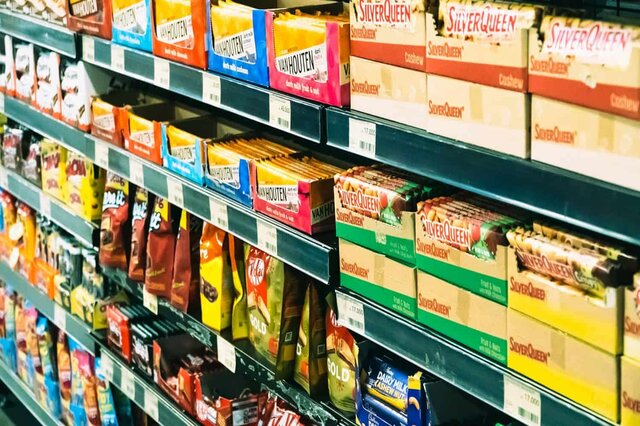Cape Town — Civic Organisation, AfriForum, has expressed concern about the rising cases of food poisoning but has also condemned the decision to ban all food sales at schools.
Various provinces have reported cases of food poisoning this year, with the Gauteng Department of Education (GDE) has banned the sale of foods in and around schools.
In a statement, AfriForum said it was concerned about the food poisoning directives that provincial education departments have taken to ban food sales. AfriForum’s Alana Bailey said the steps to prevent further deaths are essential but the decision to ban is considered “too drastic” as it could negatively affect learners.
“For some children, authorised tuckshops on school premises are the only option for getting a lunch. These vendors also cater for school functions. In addition, some even provide food for privately funded schemes that support indigent children. Furthermore, sales provide an opportunity to get additional funding for schools,” Bailey said.
She added that the banning of food sales by approved vendors means learners need to buy from unapproved vendors outside of schools, posing greater risks.
AfriForum wrote a letter and requested that the GDE allow authorised sellers who prove they meet all requirements and comply with health regulations to resume the same of food at schools.
.@AfriForum versoek opheffing van verbod op kosverkope deur gekeurde verkopers by skole – https://t.co/S1sC792UHY pic.twitter.com/Mgcikv9qnZ
— AfriForum (@afriforum) November 11, 2024
“Furthermore, the department has been asked to liaise urgently with all relevant municipalities and the Department of Health to ensure that health inspectors visit vendors in the vicinity of schools, to establish whether they meet all necessary requirements,” Bailey concluded.
According to The Citizen, the City of Tshwane MMC for Health, Tshegofatso Mashabela, said residents should be wary of low prices as it may indicate a counterfeit product, and said they should report suspicious activity to the authorities.
Mashabela said counterfeit food products had infiltrated local markets, putting consumers at risk of ingesting harmful substances. Communities such as Mamelodi, Soshanguve, Brokhorstpruit and Hammanskraal already face food security issues as residents unwittingly purchase dangerous goods from convenience shops.
“Tshwane is facing a growing crisis that threatens the health and well-being of its residents. These shops, which are often the only accessible source of affordable food, are increasingly stocking counterfeit products pushed by criminal syndicates,” Mashabela said.
Mashabela added that the convenience ship industry has become vulnerable for exploitation and without regulation and oversight, businesses are open to manipulation by criminal groups seeking profit from the sale of unsafe goods.
Follow African Insider on Facebook, Twitter and Instagram
Picture: X/@afriforum
For more African news, visit Africaninsider.com
Compiled by Matthew Petersen


